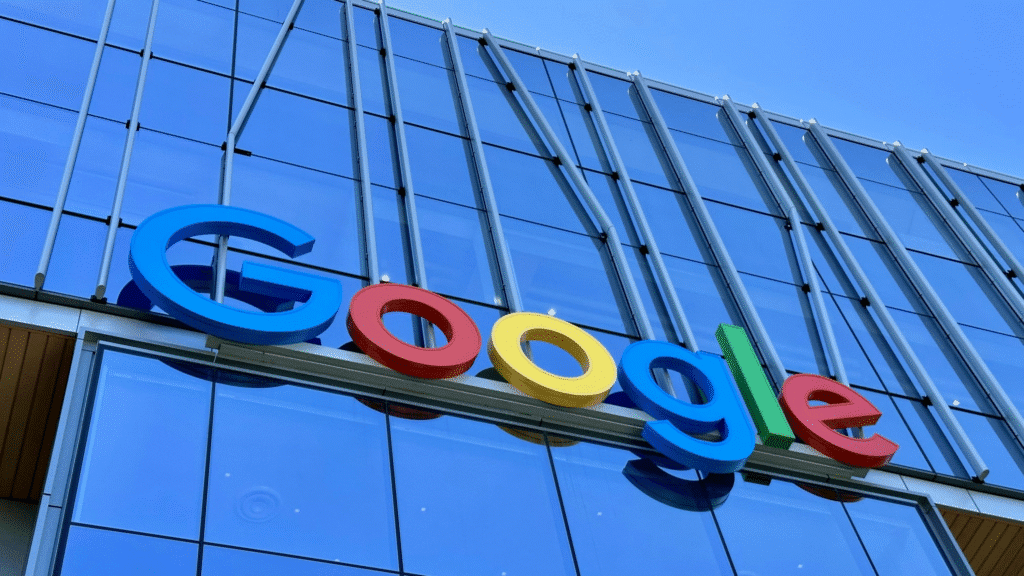The US Federal Trade Commission (FTC) has supported a proposal by the Department of Justice (DOJ) that could force Google to share its search data with competitors. This move comes after a court ruled last year that Google has been unfairly controlling the online search market. The government believes this change will increase competition and give users more choices when searching the internet.
Google, however, has strongly opposed this idea. The company’s CEO, Sundar Pichai, has argued that sharing search data would risk user privacy and expose Google’s trade secrets. Google also claims that it has already started making some changes to promote fair competition, such as allowing other search engines to be default options on devices. But the DOJ and several state attorneys general say these steps are not enough. They want stricter rules to prevent Google from maintaining its monopoly.
One of the biggest concerns is Google’s dominance in the search engine market. For years, Google has paid billions to companies like Apple to make its search engine the default option on iPhones and other devices. The DOJ wants to stop these payments and even force Google to sell its Chrome browser, which could weaken its control over internet searches.
The FTC, which oversees privacy regulations, has assured that the DOJ’s proposal includes measures to protect user data. A special committee would monitor how Google shares information to ensure privacy is not compromised. The FTC believes that increasing competition will actually push Google to improve its privacy policies, as other companies would offer better alternatives.

Meanwhile, the case has drawn attention from various experts and organizations. Some support the government’s push for more competition, while others worry that forcing Google to share data could slow down innovation. An AI startup called Anthropic, which works with Google, warned that strict rules could discourage big companies from investing in smaller tech firms. If Google is required to report its AI partnerships in advance, it might stop funding new projects altogether.
The judge handling the case is now reviewing all arguments before making a final decision. This ruling could change how people use the internet, possibly ending Google’s position as the top search engine. If the DOJ’s proposals are accepted, other companies might get a fairer chance to compete, leading to more options for users.
This legal battle is part of a larger effort by US authorities to regulate big tech companies. Over the past few years, the government has taken action against firms like Google, Apple, and Amazon, accusing them of unfair business practices. The outcome of this case could set a new standard for how tech giants operate in the future.
Google remains one of the most powerful companies in the world, but this case could force it to change how it does business. Whether these changes will benefit users or create new problems is still unclear. For now, the tech industry and the public are waiting to see how the judge will rule in this historic case.
The debate over Google’s control of the search market highlights a bigger question: Should one company have so much power over how we find information online? The US government believes the answer is no, and it is taking strong steps to level the playing field. If successful, this case could mark the beginning of a more competitive and diverse internet.
As the trial nears its end, all eyes are on the court’s decision. Will Google be forced to share its data and change its business model? Or will it find a way to keep its dominant position? The final ruling could reshape the digital world in ways we haven’t seen before.
For now, Google continues to argue that its success comes from innovation, not unfair practices. The company says it provides the best search experience, which is why so many people use it. But critics argue that Google’s dominance stifles competition, making it harder for new companies to grow.
The judge’s decision will not only affect Google but also set a precedent for how other tech giants are regulated. If the court rules in favor of the DOJ, we might see more legal actions against companies that control large portions of the internet. This could lead to a more open and competitive online environment, where users have more choices and better privacy protections.
The case is a major moment in the ongoing battle between big tech and government regulators. No matter the outcome, it will have lasting effects on the future of the internet. Whether these changes will be good or bad for users remains to be seen, but one thing is certain: the way we search the web might never be the same again.
As the world waits for the final verdict, experts continue to debate the best way to balance competition and innovation. Some believe strict regulations are necessary to prevent monopolies, while others argue that too much government interference could harm progress. The decision in this case will shape not just Google’s future, but the future of the entire tech industry.
In the end, the goal is to create a fair and open internet where companies compete on quality, not just power. Whether the government’s plan will achieve that goal is still uncertain, but the case has already started an important conversation about the role of big tech in our lives. The final ruling could be a turning point in how we use and experience the internet for years to come.








